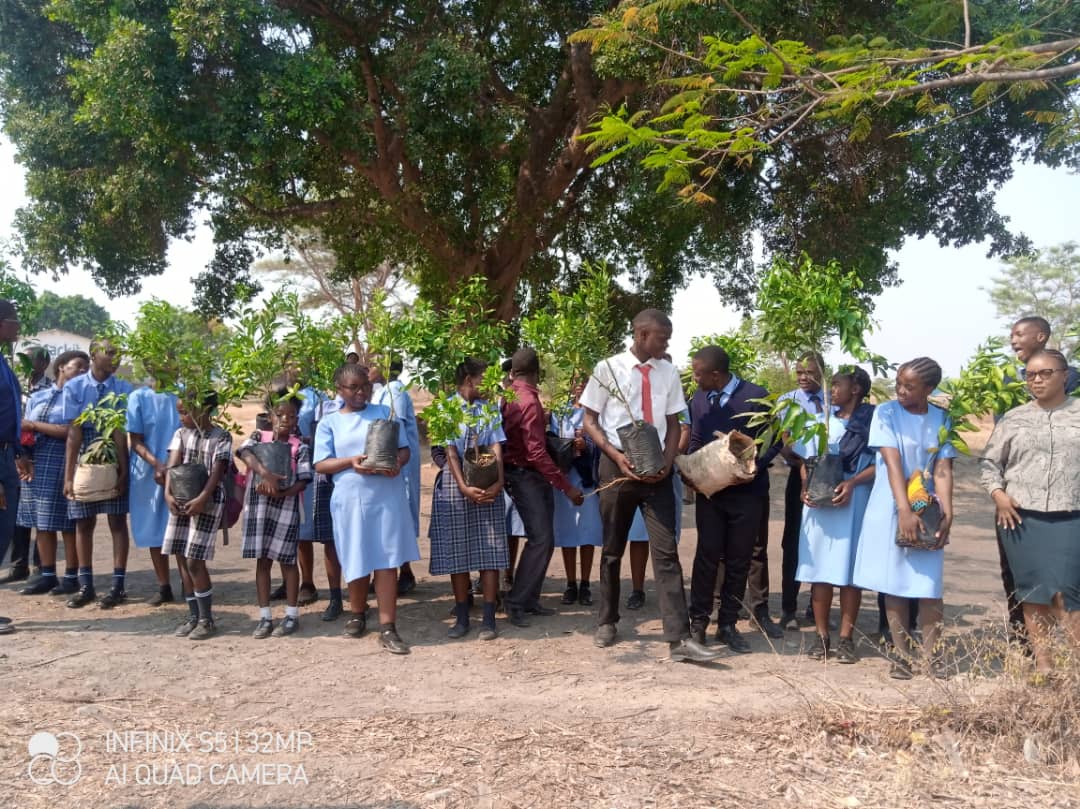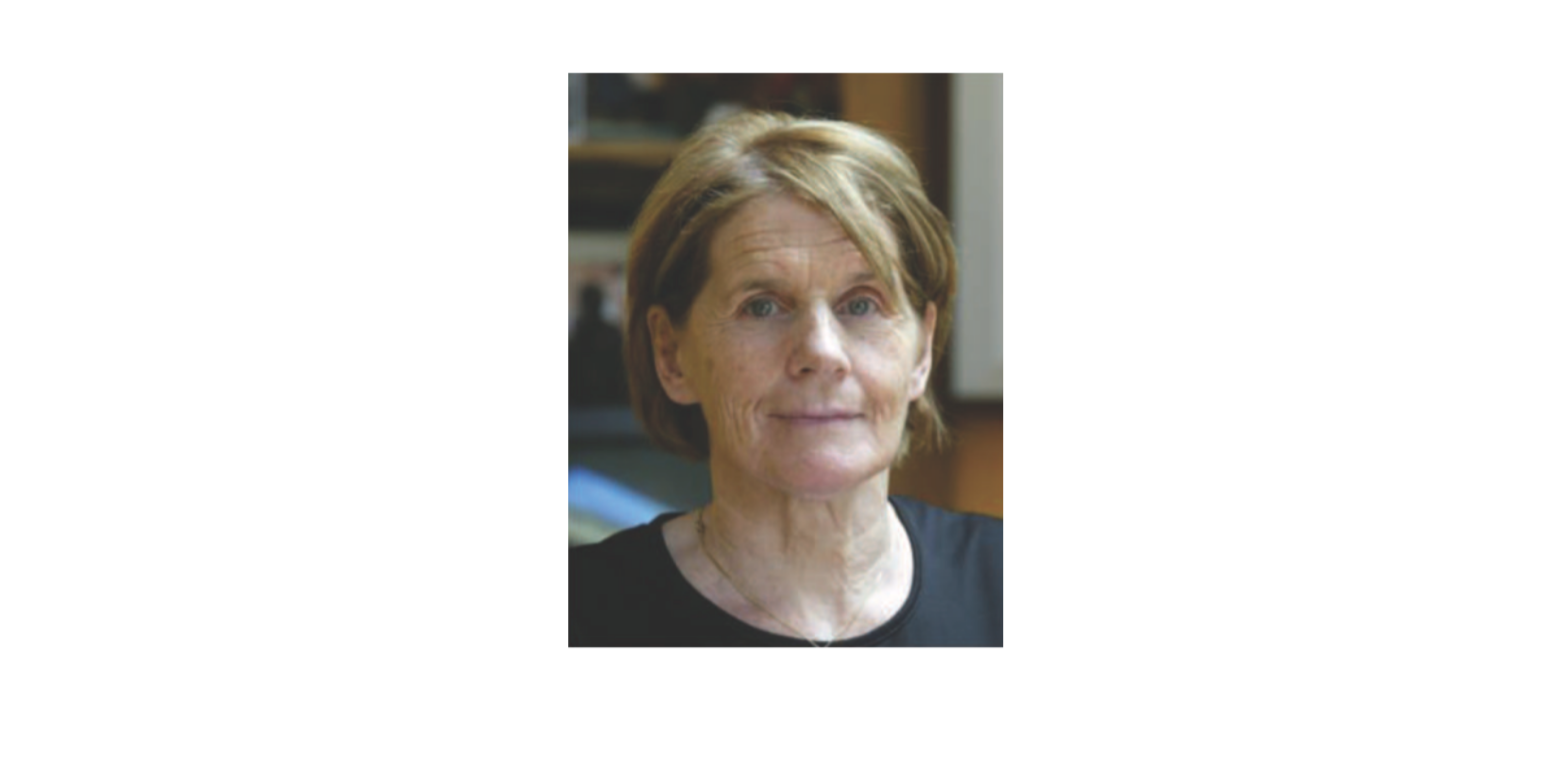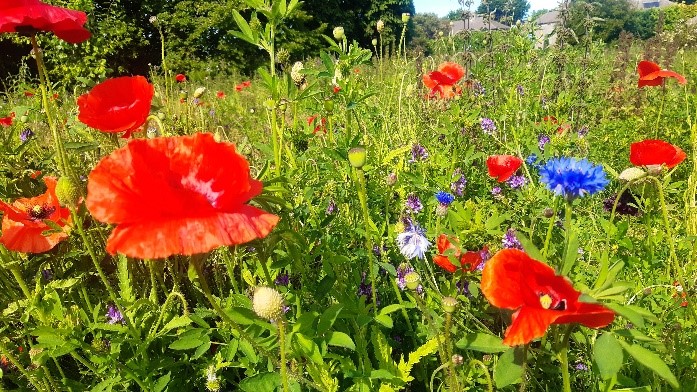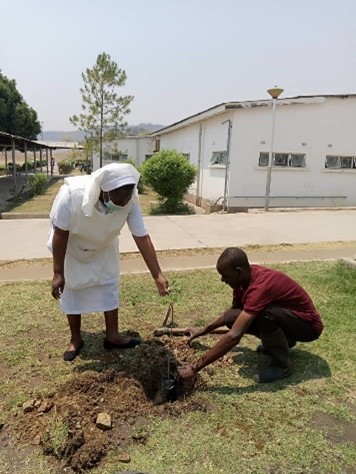
 For the past two years, Sr Anna Marie Mc Laughlin RSC has been involved as a volunteer with the Friends of Orange County Detainees (FOCD). In this article she explains the process the detainees have to go through, how they help each other and what this experience has taught Sr Anna Marie about caring and compassion.
For the past two years, Sr Anna Marie Mc Laughlin RSC has been involved as a volunteer with the Friends of Orange County Detainees (FOCD). In this article she explains the process the detainees have to go through, how they help each other and what this experience has taught Sr Anna Marie about caring and compassion.
I was privileged to grow up in a home where both my parents experienced life as immigrants in the United States. While they both loved this country and praised it as a land of opportunity, they also recounted times when prejudices, discrimination, inequality and subservience impacted their lives. Benefiting from this experience they learned valuable lessons of what it meant to live beyond themselves to others and then to the rest of life. My father became a citizen when the opportunity arose and later married. So, I was tuned in to immigration issues at an early age. San to say, it is a hot topic today.
“It is only with the heart that one can clearly see that which in invisible to the eyes.”
Antoine de Saint Exupery, The Little Prince
Presently, the U.S. operates the world’s largest immigration detention systems. On any given day, there are over 30,000 people in administrative detention at approximately $200 a day. In 2016, the enforcement agencies budget was $19 billion. There are over 200 detention facilities, local jails, juvenile detention centers, field offices and family residential centers. The country has also supported the detention of migrants and asylum seekers in neighboring countries
For the past two years, I have been involved as a volunteer with the Friends of Orange County Detainees (FOCD). This group was formed by a few lay women from different Christian Churches in Orange County, CA. Their vision states: “By our actions, we seek to honor equality and justice in human relations, respect the independent web of all existence of which we are a part, by a strong, vibrant visitation program of undocumented detainees placed in detention centers in Orange County.”
Twice a week, I visit two facilities in Orange County, Theo Lacy, a maximum-security prison in the city of Orange and James A. Musick, a minimum-security prison in Irvine. There are over 5,000 men housed at Theo Lacy and 1,000 men and women at Musick. Immigration, Customs and Enforcement (ICE) rents detention beds at both facilities for the Detainees. The Detainees I visit come from all over the world seeking asylum. Most of them have no criminal records and lead very disciplined lives, anxious not to make mistakes or get in trouble. They are delighted to have visitors as they are separated from family and friends and usually know no one in this country. They tell harrowing stories about their journey here and how they are often attacked, robbed, and abused by gangs and robbers who steal their personal belongings and important documents. Nearly all of them have had to leave their home countries because of threats to their own lives or their family and many bear the scars of abuse and hardship on their bodies. When they eventually reach the U.S. border, they ask for asylum. They are processed there and eventually handed over to ICE who hand cuff them and bring them to one of the facilities where they begin the process through the courts. Never, in their wildest dreams did they ever think they would end up in jail! Without money, legal help, English, the long journey begins. Other Detainees come to their aid and help them fill out the paperwork and tutor them on how to defend themselves in court until they can get help from sponsors and lawyers. The process takes months and even years and they must endure much frustration along the way. Their case is often denied, and this leads to an appeal and the cycle can continue. If they are denied asylum, they seek a bond hearing. If bond is granted the Detainee needs a ‘Sponsor’ who will be willing to pay the bond determined by the Judge. This can amount to anything between$3,000 and $25,000+. This money is paid to ICE to guarantee that the Detainee will show up for future court dates and obey whatever order the judge ultimately issues. If the Detainee follows through the money will be returned at the end and forfeited if he/she flees.
Prison life is extremely difficult for all. Boredom, loneliness, depression and hopelessness are the order of the day. With so many bodies living in a confined space, twenty-four hours a day, it is easy to imagine how difficult it must be. In the event of a flight or disturbance, the units are often placed on lock-down where all freedom to move around is curtailed. This can last for hours on end.
They live one day at a time. All find comfort in the Bible or Koran. They pray, study the Bible, attend religious services when available and form prayer groups throughout the day. The library is available on a limited basis every week. Here they have access to books and computers which are programmed so they can complete the necessary paperwork for count. Some Detainees study the immigration laws and become very knowledgeable over time. They also learn from the experiences of each other as they go through the legal system. In turn, they help each other fill out the paperwork and guide and direct those who can’t afford the services of an attorney to defend themselves in court. Likewise, they share in the joys when a friend is released and in sorrows of a denial or deportation.
There are four visiting days in the week, Friday through Monday and Detainees are allowed one visit per day from either family or friends. In Theo Lacy, the visit is by phone in a booth like setting. At Musick, the visit takes place in a large hall where the Detainees and visitors sit opposite each other at tables. No contact is allowed and often it is difficult to hear or enjoy the visit because of noise and crowds. They are always delighted and appreciative for the visit.
Language is a major problem since the Detainees come from all over the world and only a small number speak English. This presents a problem for many of them as all the orders given in prison are in English or Spanish. It happens occasionally that because of not understanding the language, orders are not obeyed. This can lead to punishment resulting in a write-up which is placed in the person’s file or a transfer to a higher security facility. There are no excuses accepted – you either shape up or ship out.
I am very impressed with how caring and compassionate they are to each other. One young man told me how he reached out and helped a new comer who isolated himself from everyone. He went to talk to him and was greeted with an admonition to get away or he would hit him. He persevered and eventually was able to get his friend out of bed, meet others and over time participate in activities. New comers are always welcomed and helped adjust to life in confinement. Activities are organized, such as games, prayers, TV and exercise. One hour a day, there is an opportunity to go to the yard where they can exercise, play sports, or run. Detainees are given special food which leaves much to be desired. It is limited and often not enough to satisfy hunger. One man told me that a friend asked for more food and was denied, so he voluntarily gave him his portion. They find it difficult to be identified as just a number, it hurts to be denied the dignity of being identified as a human being, so they reach out in compassion to one another and affirm their dignity as human being and children of God. Their faith keeps them sane and their patience and toleration is unbelievable. They long for freedom, family and justice.
Personally, I have received much from this ministry. I am grateful to the Friends of Orange County Detainees for their openness to share a place at table with me and to the leadership for their ability to move forward by influencing events and enabling and inspiring people more than ordering and demanding. As a result, success is evident, the group is empowered, and freedom and ownership are increased.
The Detainees have inspired me to be more caring and compassionate and have helped me notice the Divine message in everything. In them I see the face of God, who while suffering themselves reach out in love to others. Through their lives they have motivated me to heed the call to return to that simplicity that allows us to stop and appreciate the small things, to live in the NOW and to be grateful for the opportunities that life affords.







